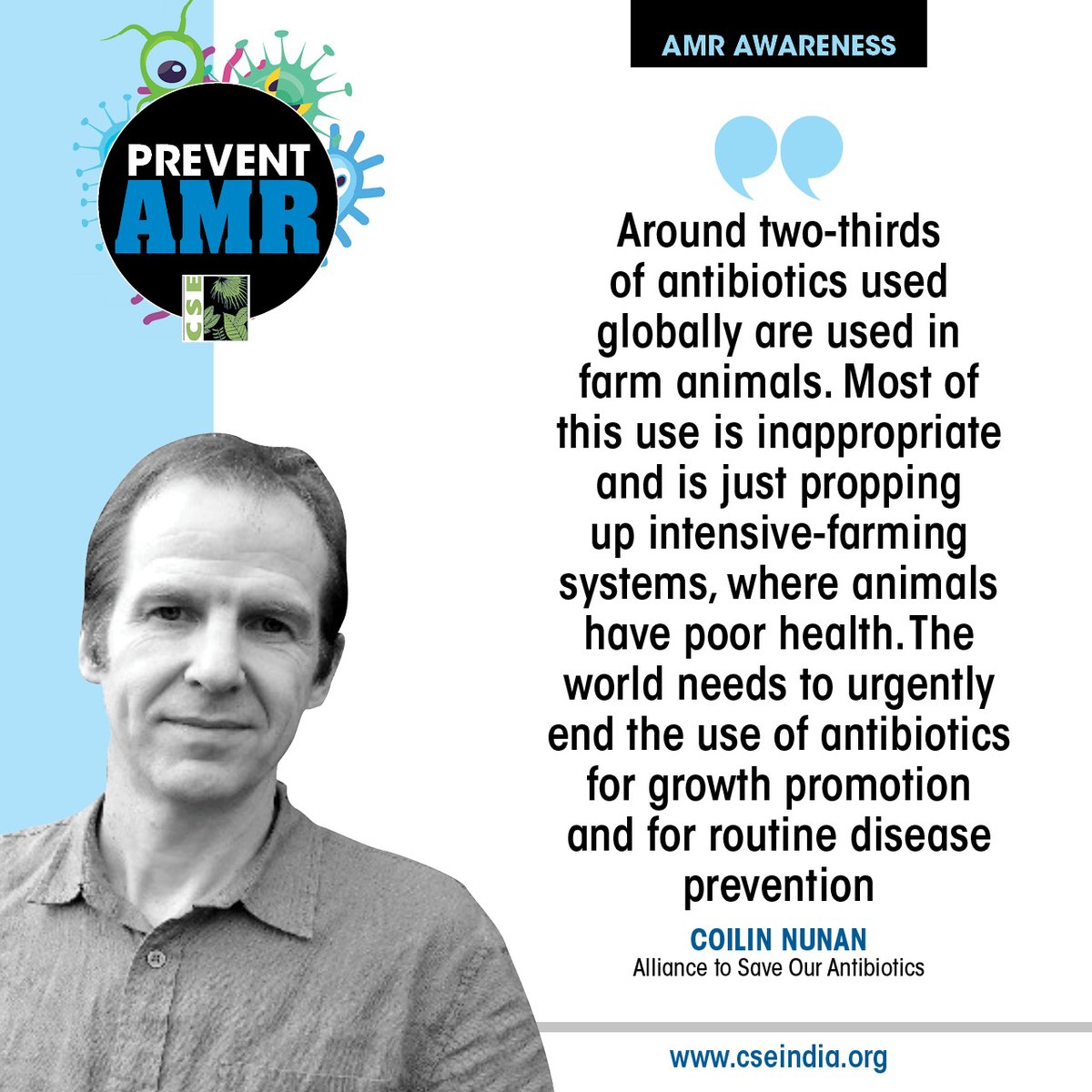
Save our Antibiotics
@asoantibiotics
The Alliance to Save our Antibiotics is a coalition campaigning for the reduction of antibiotic use in farming worldwide
ID: 526576312
http://www.saveourantibiotics.org/ 16-03-2012 16:46:12
3,3K Tweet
1,1K Followers
1,1K Following

The latest Save our Antibiotics report finds supermarket antibiotics policies frequently only cover their own-brand ranges, and so branded products and imported foods can still contain animal products that have been produced on farms with irresponsible antibiotic use


Cóilín Nunan of Save our Antibiotics said: “To avoid misusing antibiotics, and to keep animals healthy, supermarkets must now take strong and urgent action to improve animal husbandry and welfare.” theguardian.com/environment/20…



Fast-growing breeds of chickens don't just suffer from serious welfare issues, they require more antibiotics than slower-growing breeds. M&S and Waitrose & Partners are the only supermarkets to commit to only selling healthier slower-growing breeds. Save our Antibiotics



New report by Save our Antibiotics shows supermarkets are failing to comply with new laws making it *illegal* to prop up poor animal welfare with antibiotics. We need to change, for our own sakes and for the animals.

This new book includes a chapter by Cóilín Nunan of Save our Antibiotics on intensive farming and the antibiotic resistance crisis.



"The world needs to urgently end the use of antibiotics for growth promotion and for routine disease prevention" Cóilín Nunan, Scientific Advisor, Save our Antibiotics on combating AMR. #WAAW2024 #AntimicrobialResistance #AMR


A Soil Association and Save our Antibiotics study found that 16 of 20 leading UK restaurant chains have an antibiotic policy, but many of these policies were very weak. More details here soilassociation.org/blogs/2024/dec…

When our reporter climbed onto the fence of the farm connected to much of the beef on our plates, he saw cattle standing in waste “I smelled the farm long before I saw it,” writes Andrew Wasley “Many of the animals were caked in excrement and muck” 👇 thebureauinvestigates.com/stories/2025-0…


When 2024 UK pig antibiotic use is published in late Spring, it is expected to show a rise over 2023. This follows an 18% increase in 2023. Save our Antibiotics believes that better husbandry is needed to reduce swine dysentery and post-weaning diarrhoea. mrcvs.co.uk/en/news/24235/…









